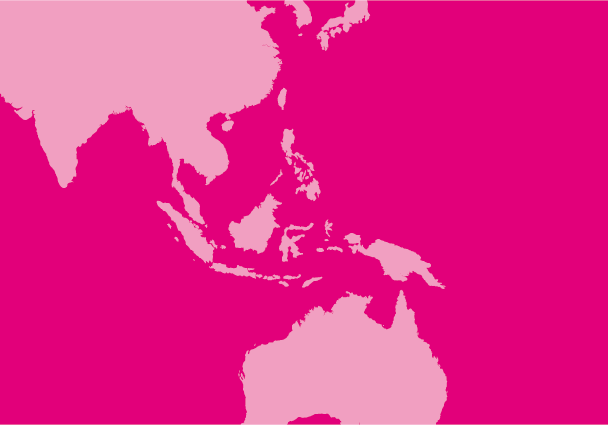
Jul 19, 2011
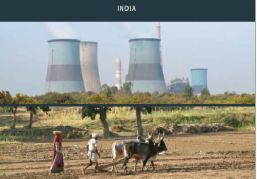 Access to justice and availability of effective legal remedies are crucial to the general protection of human rights and also in addressing violations by businesses.
Access to justice and availability of effective legal remedies are crucial to the general protection of human rights and also in addressing violations by businesses.
They are also essential to the work of judges and lawyers who promote the rule of law and human rights. Nevertheless, access to justice is hindered by a number of obstacles unique to corporate human rights abuses.
The study of state practice in India reveals the obstacles but also the potential of the existing legal framework to ensure these rights. Scrutiny of state practices in this area will, moreover, help the international community discover new ways of addressing the challenge of corporate human rights abuse.
India-business and human rights – access to justice publication-2011 (full text in English, PDF)
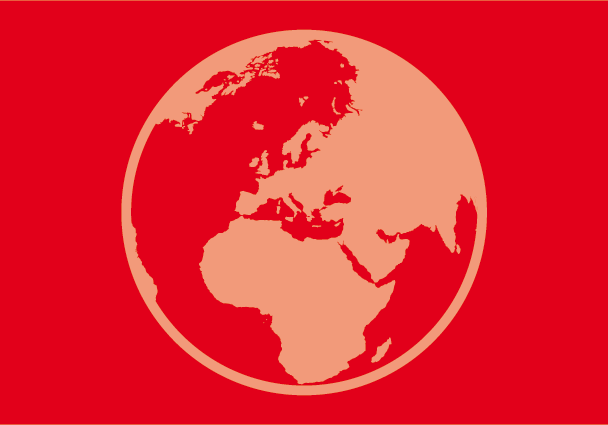
May 31, 2011
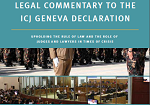 The ICJ Geneva Declaration on Upholding the Rule of Law and the Role of Judges and Lawyers in Times of Crisis is an instrument for addressing these threats to human rights protection.
The ICJ Geneva Declaration on Upholding the Rule of Law and the Role of Judges and Lawyers in Times of Crisis is an instrument for addressing these threats to human rights protection.
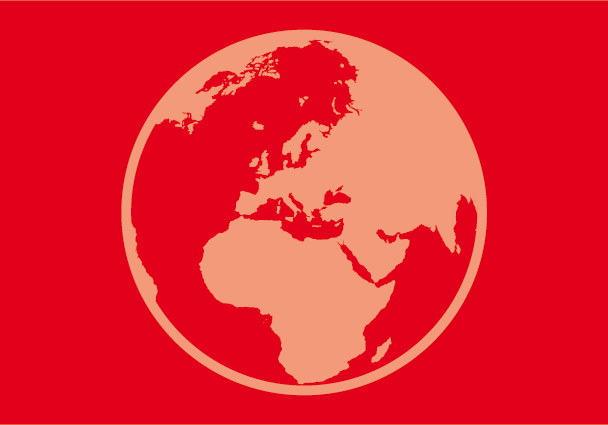
Apr 27, 2011
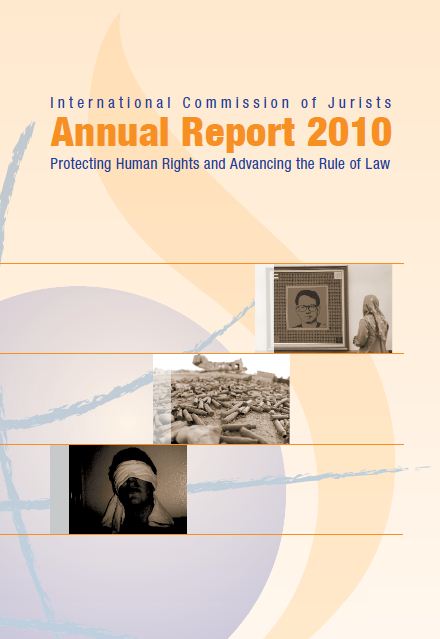 The ICJ presents its Annual Report for 2010.
The ICJ presents its Annual Report for 2010.
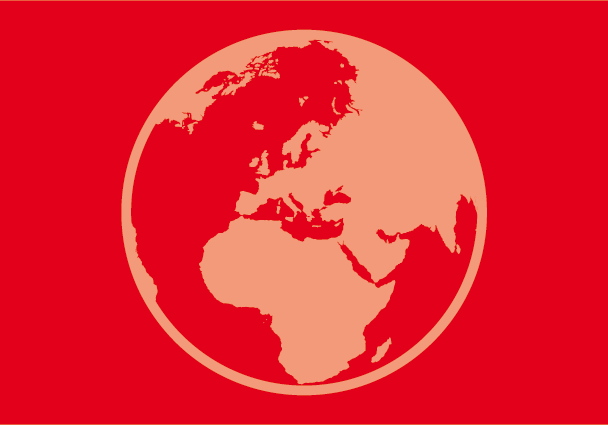
Apr 22, 2010
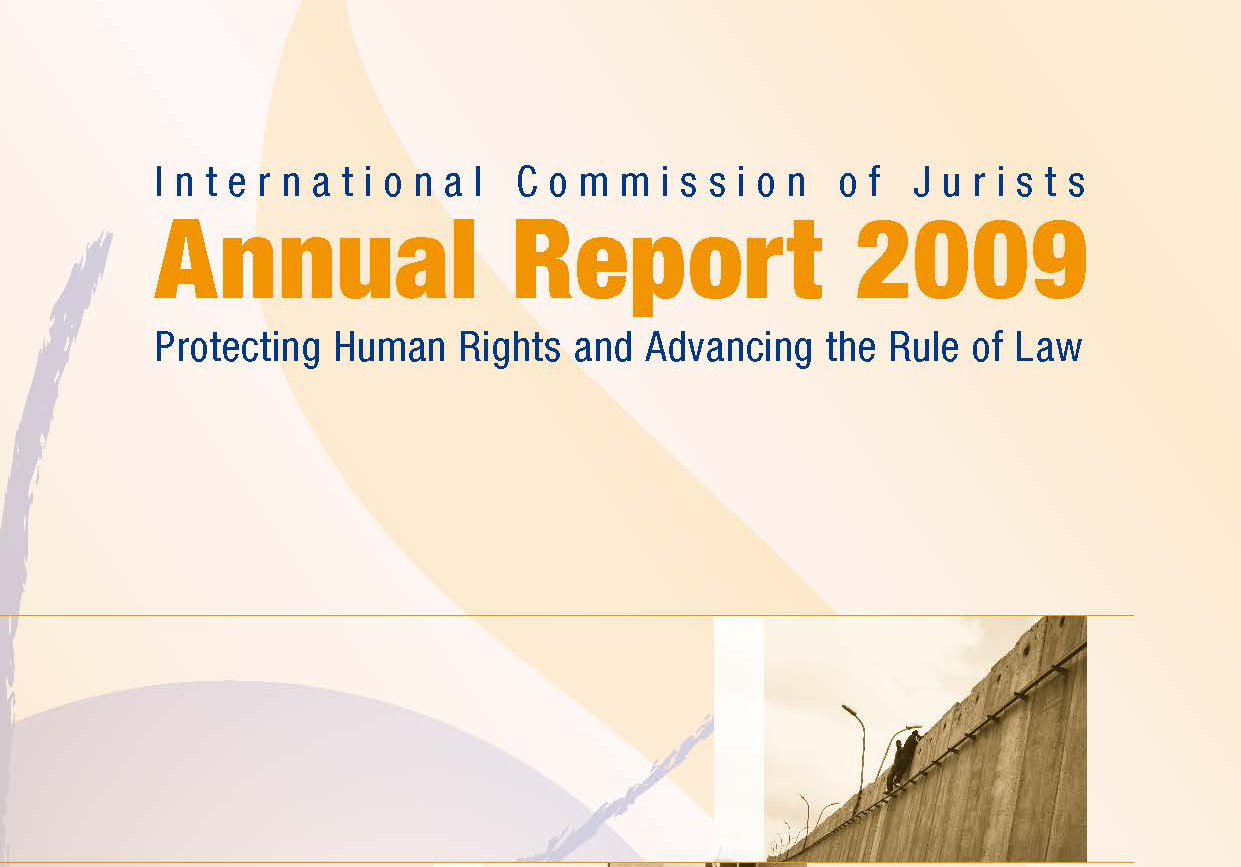 ICJ releases its Annual Report 2009. Foreword by Wilder Tayler, ICJ Secretary General.
ICJ releases its Annual Report 2009. Foreword by Wilder Tayler, ICJ Secretary General.
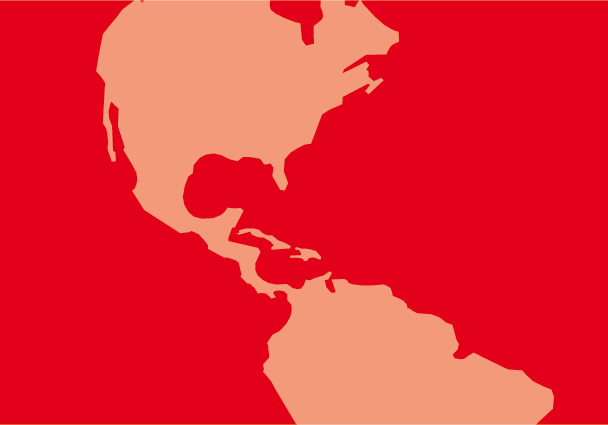
Jan 1, 2010
El sistema judicial tiene varias falencias que hacen que muchos mecanismos a prevenir o hacer cesar los abusos de derechos constitucionales por parte de empresas sean poco efectivos.
El acceso a la justicia y a un recurso efectivo ha devenido un elemento crucial en el trabajo de protección de los derechos humanos en el contexto de actividades empresariales, asi como un area de importancia primordial para jueces y abogados dedicados a promover el estado de derecho y los derechos humanos.
El informe señala que a pesar de que la normatividad colombiana contiene una amplia gama de acciones y recursos encaminados a prevenir o hacer cesar los abusos de derechos constitucionales por parte de empresas, el sistema judicial tiene varias falencias que hacen que muchos de estos mecanismos sean poco efectivos.
La mayoría de los obstáculos identificados tienen origen en condiciones estructurales de la administración de justicia colombiana que se agudizan en los casos en los que las empresas hacen parte de los reclamos y litigios.
Areas de atención especial incluyen: proyectos y mega-proyectos de explotación y/o desarrollo económico que afectan comunidades indígenas y campesinas, y áreas en las que defensores de derechos humanos se encuentran desprotegidos frente a estratégias hostiles de parte de ciertas empresas y actores armados.
Colombia-access to justice corporations-thematic report-2010-spa (full text, PDF)

 Access to justice and availability of effective legal remedies are crucial to the general protection of human rights and also in addressing violations by businesses.
Access to justice and availability of effective legal remedies are crucial to the general protection of human rights and also in addressing violations by businesses. 










